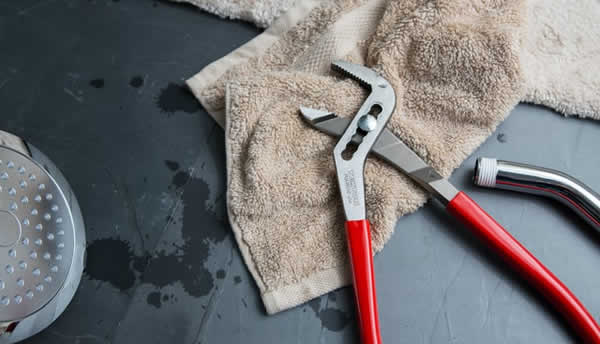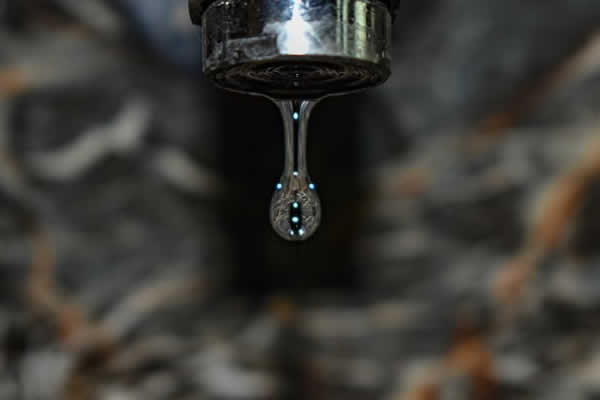
When you run into issues with your water heater, it can be incredibly frustrating. If the problem is simple enough to fix yourself, you may feel prepared to do so. But many homeowners are unsure how to approach these problems without calling in a professional. A water heater is one of the most costly appliances to repair. In addition, a new water heater costs hundreds of dollars. To avoid high costs and frustration, follow these six troubleshooting tips for many common issues that can arise with your water heater.
No hot water
Your water heater can heat less hot water than usual. This can happen when the device is not receiving enough electricity. If the heating element has malfunctions you may also need to call for help.
If you find that all of your hot water has stopped working completely, it may be one of two problems: 1) sediment has built up inside your tank and needs to be drained; 2) there is a problem with how much power gets delivered to your unit via the breaker box. To solve this issue first check to see if there's an open circuit breaker or faulty wiring outside of your home (it would be best to call an electrician). If this is not the case, your water heater may need further inspection or replacement.
You have two options to rectify this problem: you can either drain all of the water from your tank and flush it out with clean water or hire a plumber to replace parts of your system that are damaging the insulation around its elements.
Water leaks
Sometimes water will leak out from the side of your water heater. This is typically caused by corrosion or mineral deposits build-up. You can solve this problem yourself by draining your tank and flushing it with clean water. If the dripping continues, you may need to replace parts of your system that are causing damage to its insulation.
If there are no signs of rust or leaks, it may be a loose drain valve. Tighten up the valves around the bottom of your water heater to ensure that they are secure and working correctly.
If you notice water leaking from your drain valve, this is most likely caused by a faulty gasket. If the leak continues, it could be due to corroded pipes or sediment build-up in the tank. To solve this issue you will need to hire a plumber to inspect your entire system and replace any damaged parts.

The water heater won't stop running
If your water heater is clicking on and off repeatedly, this may be because of too much electricity. This can happen when the power in your home fluctuates. To solve this problem you need to hire an electrician to install a surge protector or upgrade your current electrical circuit. If the problem happens even after you have installed these fixes, it could be that there is an electrical malfunction in the heating element itself. You will then need to turn off the power supply to the tank and call for professional assistance.
The water heater is making noises
If you notice unusual sounds coming from your water tank, this may be due to sediment build-up. Sediment can develop in older tanks because of mineral deposits left behind by hard water. These minerals often come out of the ground alongside iron or copper and get stuck inside the heating tank where they bond together. If you have well water, it's more likely that you will face this issue than if you use city water. However, using a softener can fix this problem by removing some of these minerals. You should also consider getting your hot water lines flushed every few years to prevent sediment buildup altogether.
High energy bills
If you have noticed an increase in your energy bills, it may be because of issues with how much hot water keeps being used around your house. To address this problem first check if there is a problem with the tank's thermostat. If the thermostat is not to blame, it may be that there is sediment built up in your water heater which needs to be flushed out. It could also mean that parts of the heating element need to be replaced.
Foul smell or mold
If your water heater has begun to emit a foul smell or you have noticed black mold growing on the inside of your tank, this is most likely because your system needs an internal cleaning. The best way to solve this problem is to drain all of the water from your tank, scrub off any residue and soak it in bleach for at least 30 minutes before refilling it with clean water. If you still notice problems after this procedure, you may need to replace parts of the heating element.
Water heaters are necessary appliances in any home, which means that it isn't something you have much choice about when it comes to repairing or replacing. However, by being aware of these common problems with your unit you can save money on costly repairs and ensure that your water heater functions at its best for many years to come. Good Luck!
